Pham Thanh Tung (born 1992, Hanoi) graduated from Hanoi Medical University in 2015 with a degree in general medicine and soon decided to specialize in the field of public health .
With a full scholarship from the Vietnam Education Foundation (VEF), he studied and completed a master's program in epidemiology and statistics at Johns Hopkins University in 2017.
In 2019, his academic journey took him to Harvard with a PhD scholarship, specializing in cancer epidemiology. At the same time, he completed a master's degree in statistics to strengthen his analytical and research foundation.
During his 5 years of studying and working in the US, he was not only a graduate student but also a teaching assistant, a mentor for graduate students and an assistant program director, directly participating in the development of graduate training courses.
Just as study choices are considered from the beginning, returning to Vietnam is not a fork in the road but a pre-planned destination.
Both Tung and his wife - his companion from the years at Hanoi Medical University - received VEF scholarships, studied for their doctorates together and chose to return home as part of their long-term plans.
In May 2024, the 9X couple boarded a flight back home, bringing with them not only knowledge but also a commitment to research and education in the country.
Currently, Pham Thanh Tung is a lecturer at VinUni University.
His top priority is to promote research with applied value and build training programs that help Vietnamese students access the latest medical knowledge - right in their homeland.
- It's true… but not the whole truth.
Compensation abroad varies greatly depending on the field, position, and organization. Especially in academic environments, the pressure is much greater than people realize.
For those who want to stay on to teach or do research at schools like Harvard or Johns Hopkins after completing their PhDs, the path is very competitive.
There are a limited number of teaching positions available each year and schools constantly evaluate performance against specific metrics. If you fail to meet the requirements, you are forced to leave the system or transfer to smaller schools.
There is usually a three to five year evaluation period, like a long-term “exam”. And one of the most important indicators: you must bring research funding to the school. If you do not meet the financial targets, the possibility of staying long-term is extremely low.
Therefore, many post-docs have chosen to do research in pharmaceutical companies, NGOs or international organizations such as WHO, World Bank...
These jobs offer good benefits and a professional environment, but the number of positions is limited. Especially in the current political climate, international opportunities are becoming more difficult to come by.
- I had quite stable career opportunities, but in the end I still decided to return home.
Partly because I don’t want to get caught up in the academic race that’s so cutthroat. Even if you get a PhD from Harvard, the school still awards about 50 similar degrees every year, most of them to people who stay in the US. That’s not counting people who graduated before and after you or from schools with similar qualifications.
In such a system it is very difficult to differentiate yourself. You are good, but you are surrounded by people who are equally good and most of them contribute only a very small part to the huge academic machine.
To me, it's a "vague" form of contribution.
I believe that, with a similar training background, if I return to Vietnam, I can create a more obvious impact, from training students, building new programs to initiating things that have never been done before.
When you create real value for a growing system, life and work feel more meaningful.
- My wife and I have never considered staying abroad as the ultimate goal. Even before we left to study abroad, "returning home" was part of our long-term plan. That influenced all subsequent academic decisions - from choosing a major, choosing a school to choosing the skills we needed to equip ourselves with.
I decided to pursue public health, epidemiology and statistics. Fields that can be effectively implemented in the current conditions of Vietnam.
Having a clear destination in mind early on helped me avoid getting caught up in the academic race just to stay. I studied to do useful work - in the place I wanted to be.
I often advise you: if you finish university in Vietnam and then want to continue your postgraduate studies abroad, work for a few years first.
When you actually work in the system, you will know what Vietnam lacks, what it needs, and what you should learn so you can work right away when you return. If you choose to study without practical experience, you will easily fall into the situation of "learning and then coming back, you can't use it".
- During my time studying and working in the US, I kept in close contact with my domestic colleagues, participated in guiding students, did joint research, and even during the Covid-19 period, consulted with experts on anti-epidemic models. The connection with Vietnam has never been broken.
So when we came back, it took us almost no time to get used to it from the beginning.
However, I also see clearly a changing reality. International aid sources for education in Vietnam are decreasing sharply.
As Vietnam has been classified as a middle-income country, many organizations have shifted their priorities to more disadvantaged countries. This has made the scholarship programs of treaties and government scholarships, which were once the gateway for many people to study and return, increasingly narrow.
If students have to pay all the costs themselves or apply for scholarships from international schools without any obligation to return, then staying or returning home depends entirely on personal choice.
And the reality is that when you have invested a large amount of money in studying, many of you are forced to stay and work to be able to pay for that expense.
I was lucky because when I did my masters and doctorate, I received a full scholarship. That gave me the freedom to decide my own path.
I never hesitated between staying or going, the only thing I wondered was how long I should stay to gain enough experience before returning.
I think people who study undergraduate or master's degrees abroad often find it easier to integrate into Vietnam when they return than those who have a doctorate. The reason lies in the time spent in a foreign academic environment.
The higher the level of education and the longer one is attached to the Western academic system, the more one's thinking and expectations are formed according to international standards.
When returning, the gap between expectations and reality can easily lead to a feeling of disappointment.
Things that I think are obvious, such as transparent funding mechanisms and clear project review processes, are sometimes still limited in Vietnam today. And that is the reason why many people find it difficult to reintegrate into the domestic system.
However, if you decide from the beginning to return to work in Vietnam, there will be a different approach.
Instead of waiting for an ideal system, we will proactively find ways to make things work at the right level. Although domestic funding is limited, we can still access international funds that are supporting Vietnam.
The question is whether you are willing to relearn, re-learn and adapt to a system that is very different from what you have experienced.
For me, the most difficult problems are often those that cannot be solved by money or benefits alone. Because sometimes they come from a deep need for conformity and stability.
When you are single or a couple, moving between countries is a personal choice. But when you have children, it becomes a family matter, including finding the right school environment for your children, considering living conditions, health and long-term stability.
I realize that for many families, returning is not difficult. But staying long-term is the real challenge.
The reasons are not necessarily due to work or benefits, but mostly due to factors surrounding family life. For example, the problem of air pollution, typically in Hanoi, or choosing a school for children.
Although there are many good options nowadays, from public schools to international schools, there are still certain barriers. That is the child's familiarity with the previous learning environment.
These are the reasons why many families, even though they want to, still have to return abroad after a few years of returning to Vietnam.
And this is a problem that cannot be solved with money. It requires preparation in advance, flexibility when returning, and sometimes a suitable support ecosystem to retain those who truly want to stay.
- Currently, about 80% of my time is spent on research, the remaining 20% is teaching. For me, these two things are almost inseparable: research is to create new knowledge and teaching is the best way to transmit, nurture and multiply that knowledge.
I work in the field of public health, an industry in which Vietnam had a very strong foundation thanks to the support of international organizations in the 1980s and 1990s.
The generation before me was well-trained and many are now holding leadership positions in the Ministry of Health or major universities. This is a great advantage.
However, the weakness of the current research ecosystem lies in the support force, especially master's and doctoral students. At large universities such as Harvard or Johns Hopkins, the majority of research volume is carried out by students themselves.
The professor only needs to come up with the idea, and the implementation can be multiplied very quickly if the student is capable enough.
Vietnamese students, in my experience, are not inferior to foreign students in terms of thinking or ability. But in order for them to be able to conduct research at the same level, we need to invest in fundamental knowledge and research methods in a substantial way.
My goal is to not only have one or two good people but to be able to multiply from them a generation of 100, 200, or even 1,000 people. From there, we can create a qualitative change in the whole system.
I also see many positive signs. Vietnam’s general education system still has strengths in natural sciences, especially mathematics. The English proficiency of students, especially in urban areas, is improving significantly. These are very important foundations for developing the next generation of internationally competitive researchers.
- In my opinion, the biggest weakness of Vietnamese students today is the lack of initiative. This is not necessarily due to their ability but stems from the general education system, where everything is pre-arranged. They rarely have to decide for themselves what to do with their learning journey.
That is why, when entering university, many students, even though they were valedictorians and excellent students at all levels, are still left behind.
University is a self-study environment, requiring a high level of self-discipline. If you do not prepare early, you will lose the first years which are very important and could be used to learn skills, expand relationships or seek international exchange opportunities.
Besides being proactive, another thing Vietnamese students need to improve is their ability to seize opportunities.
European and American students tend to be more confident and willing to ask questions. Meanwhile, Asian students, including Vietnamese, are often shy and self-doubting: "I wonder if I can do it or not?"
But if you decide from the beginning that you can't, you definitely won't. Before you have a chance, you must believe that you deserve to have a chance.
One thing I always tell my students is: be bold enough to ask and seek opportunities. Because if you don't ask, the answer will always be "no." But if you dare to ask, there will always be a percentage (even if it's very small) that the answer will be "yes."
I remember a fourth-year student at Hanoi Medical University who volunteered to lead a group of Australian professors to visit the hospital because he knew English.
After that trip, the professors invited you to Australia for a month of internship, with full expense support.
Or recently, a Harvard student approached me, proactively asking to do research in Vietnam. He wrote his own proposal, asked for funding himself, and just needed someone to help connect the dots.
Sometimes just knocking on the door like that can open up many opportunities. That is a typical example of initiative and I believe that Vietnamese students can absolutely do the same, if they dare to think and dare to do.
Thanks for the chat!
Content: Minh Nhat, Hai Yen
Photo: Hai Long, Minh Nhat
Design: Huy Pham
April 26, 2025 - 11:22
Source: https://dantri.com.vn/khoa-hoc/ban-ke-hoach-5-nam-tro-ve-viet-nam-cua-tien-si-harvard-9x-20250426085122766.htm


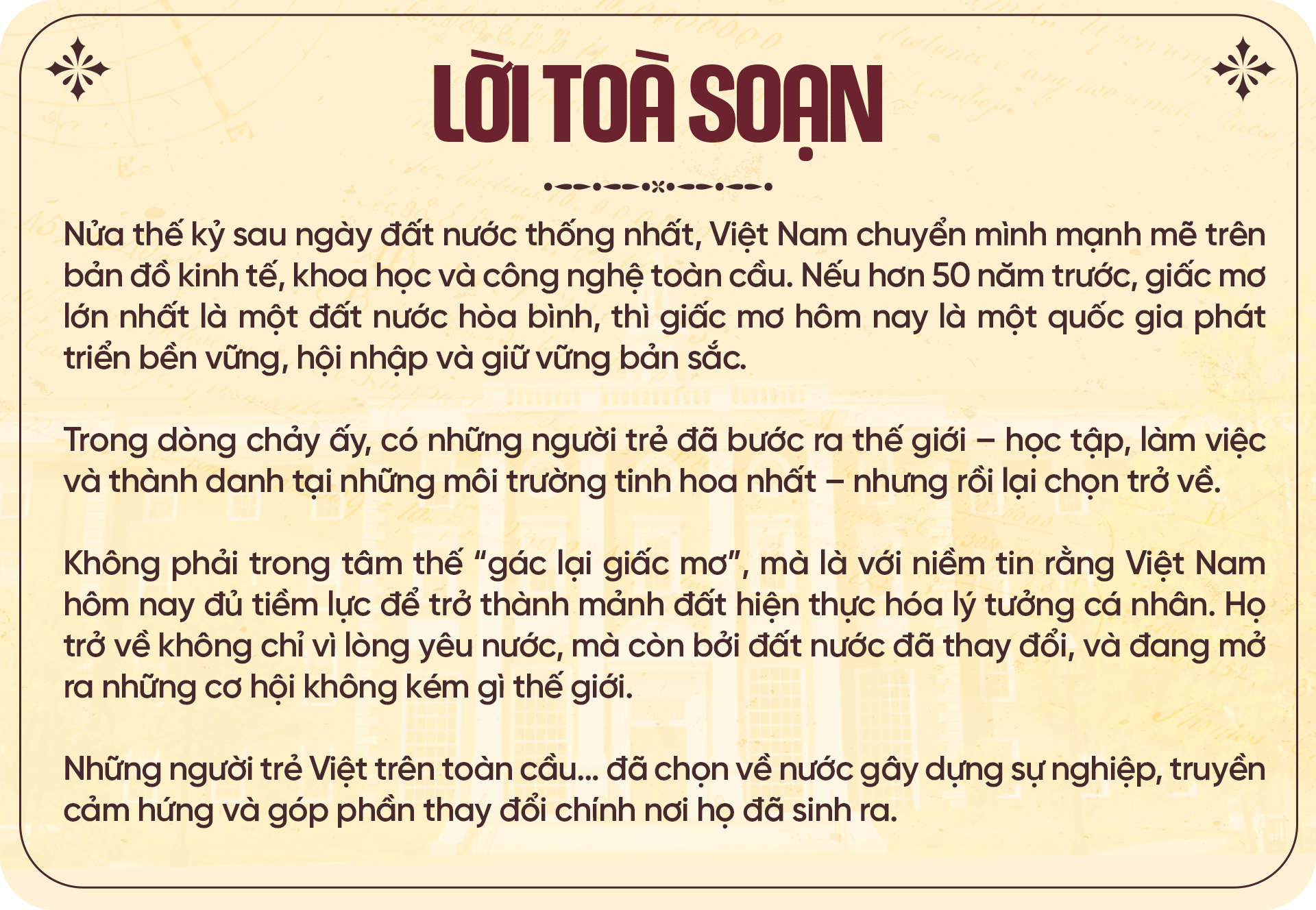


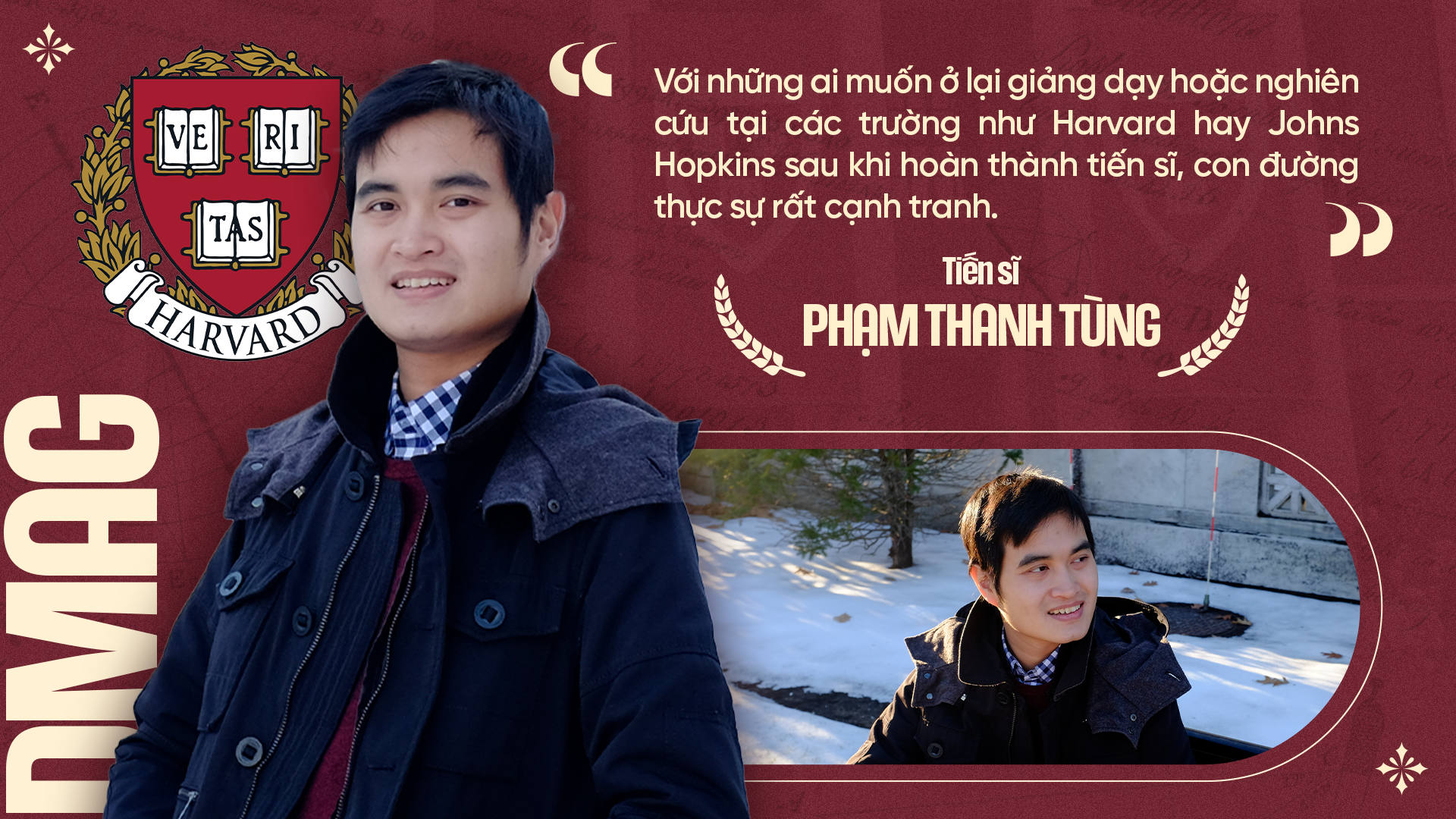

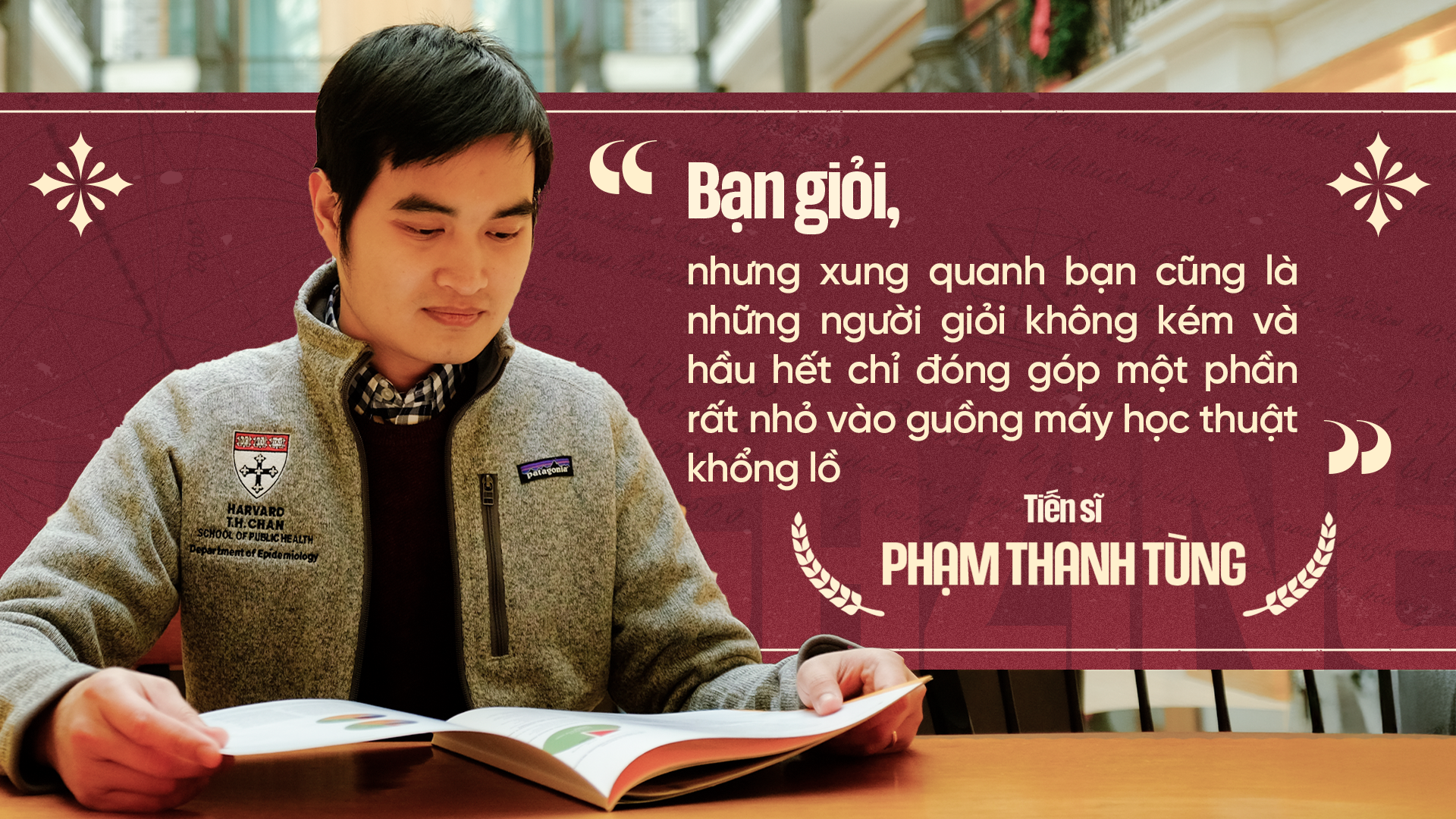






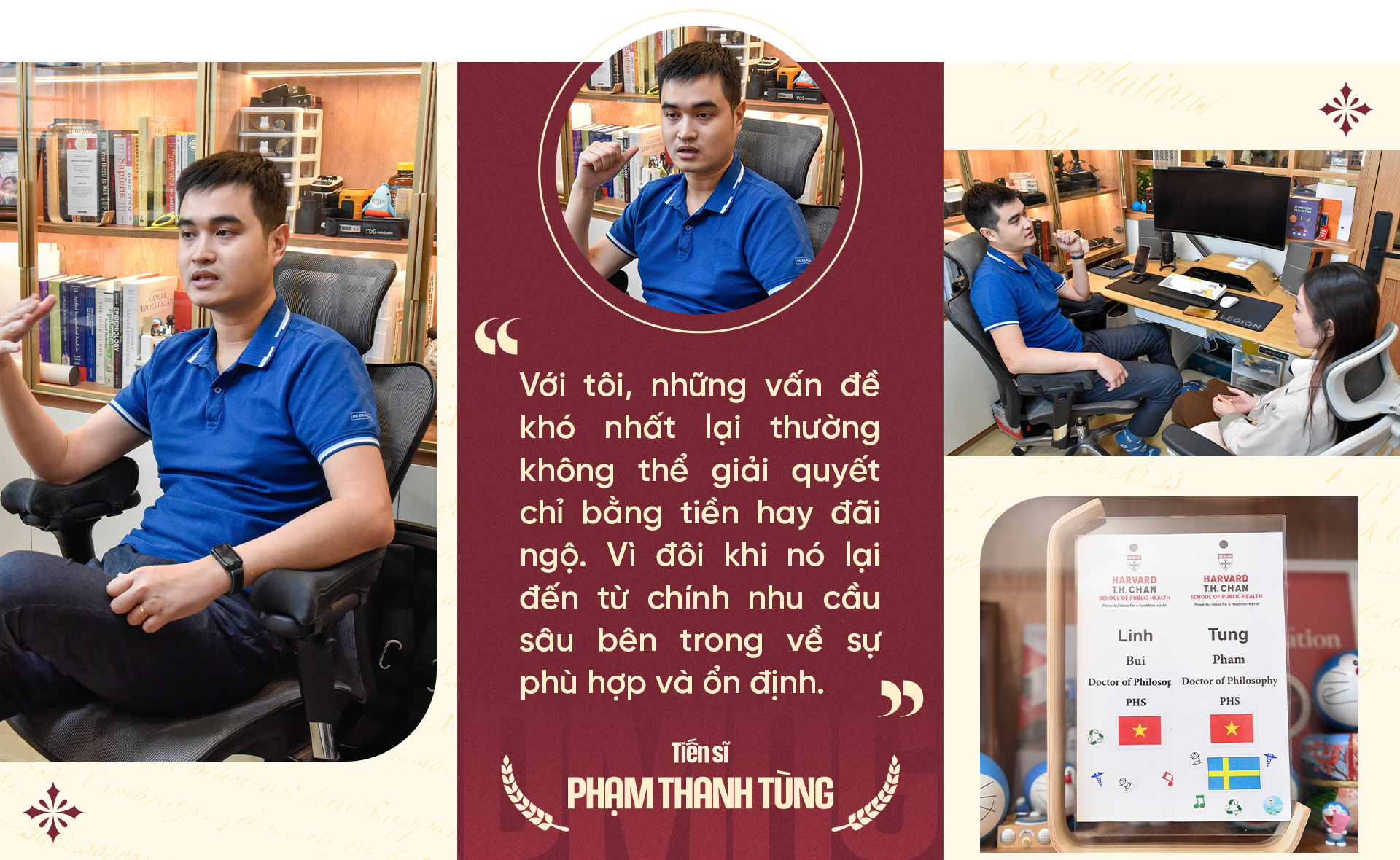



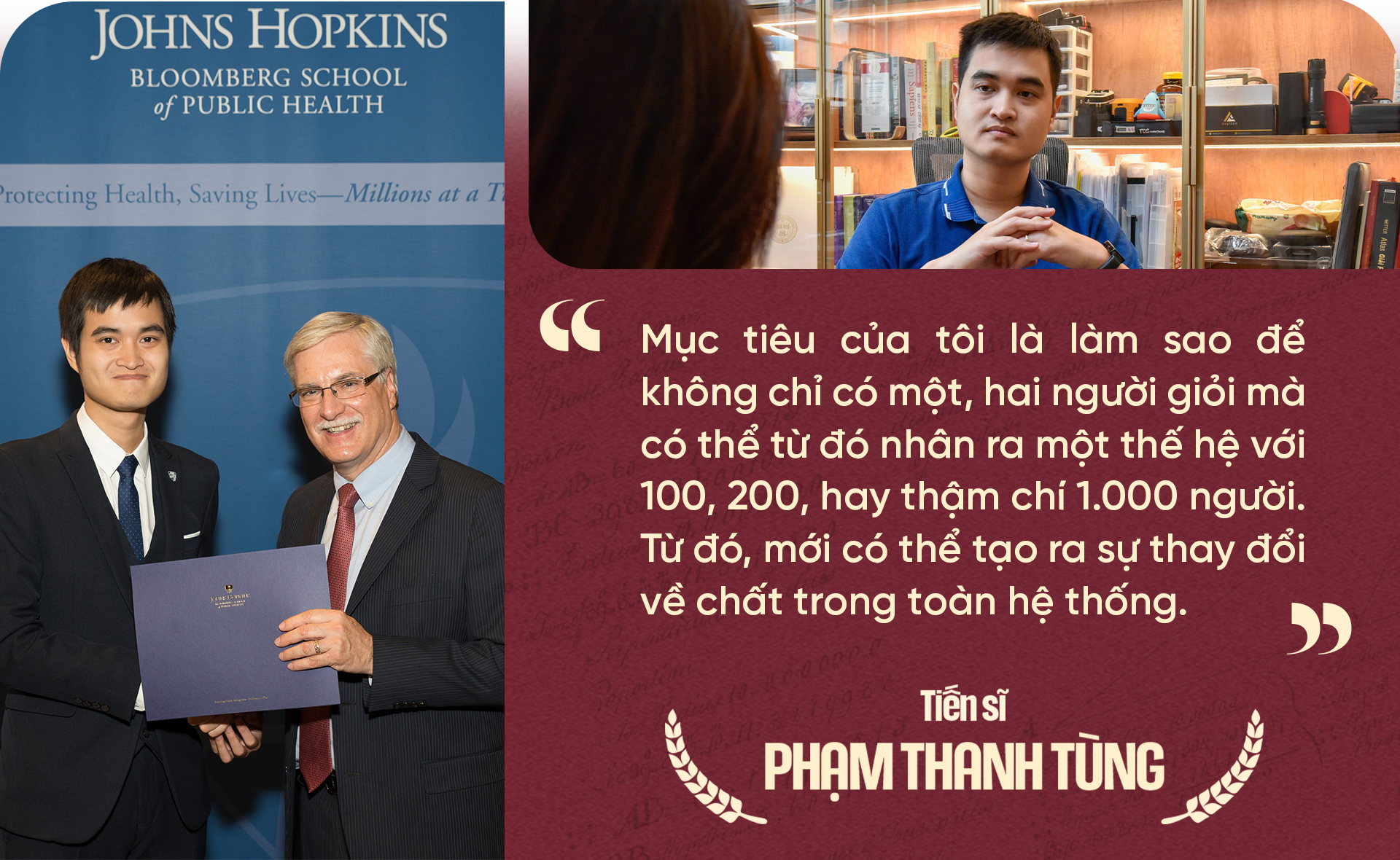


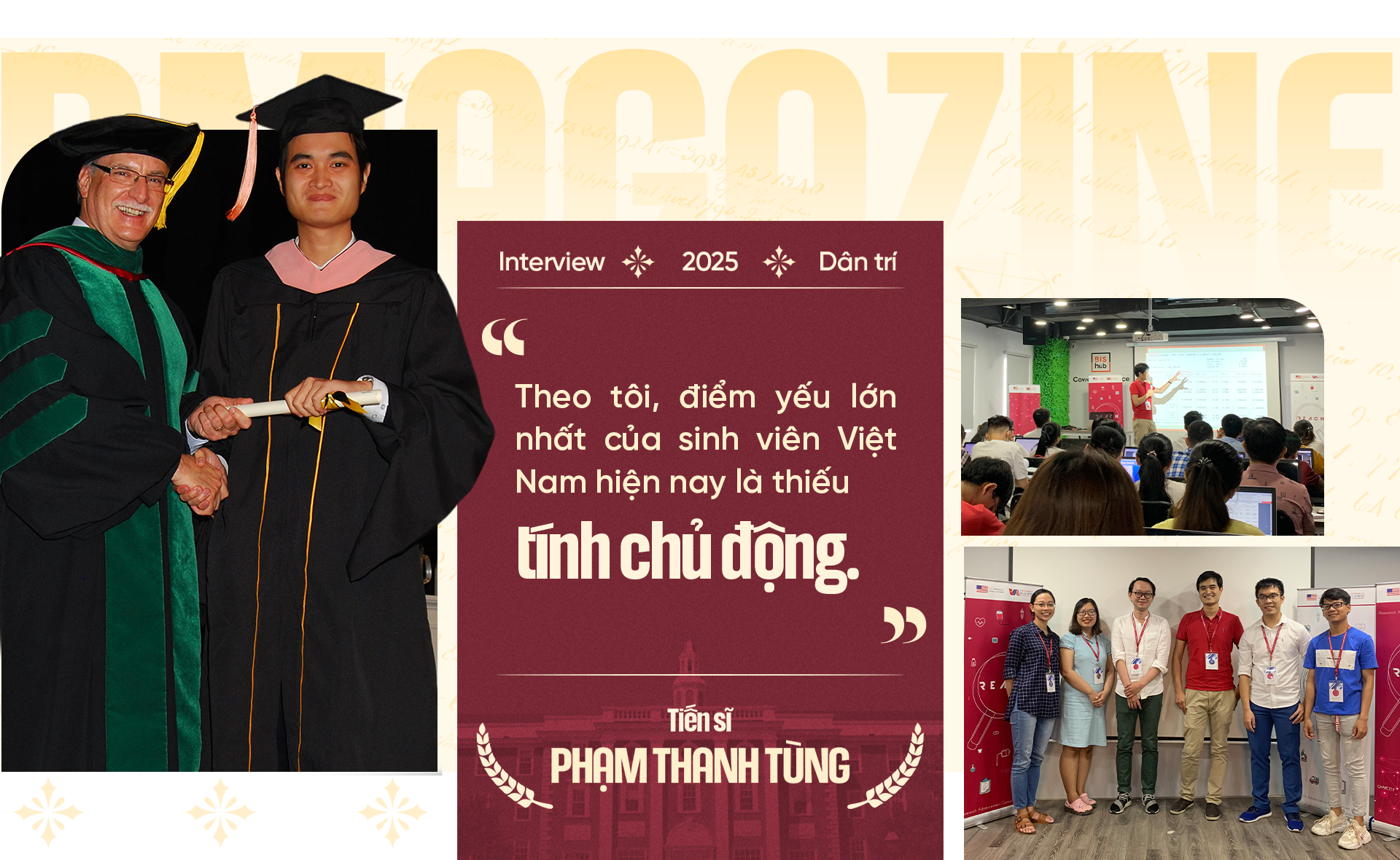
![[Photo] Prime Minister Pham Minh Chinh chairs the second meeting of the Steering Committee on private economic development.](https://vphoto.vietnam.vn/thumb/1200x675/vietnam/resource/IMAGE/2025/11/01/1762006716873_dsc-9145-jpg.webp)





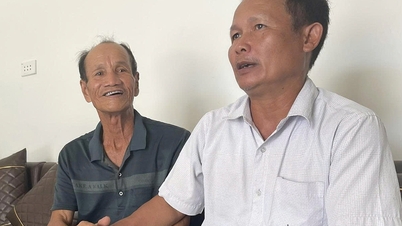


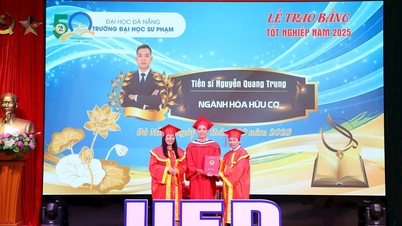

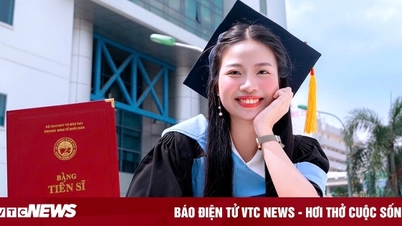

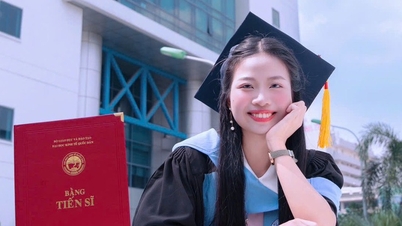

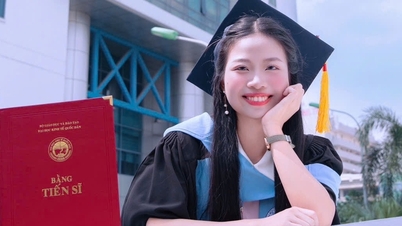

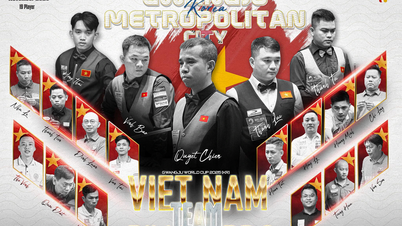
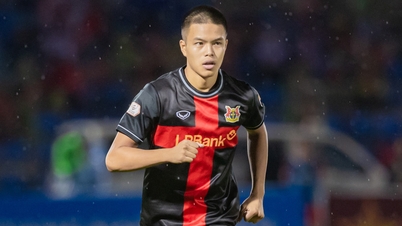
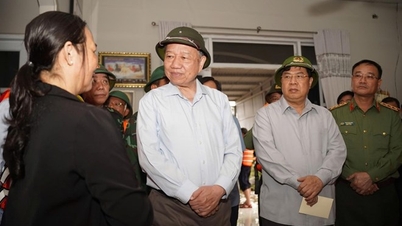

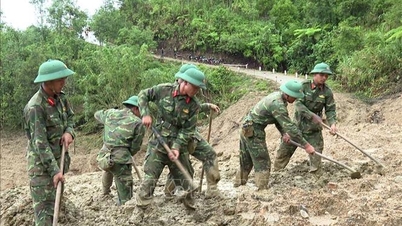

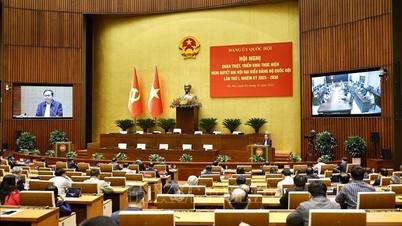








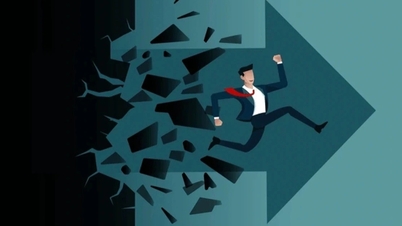


































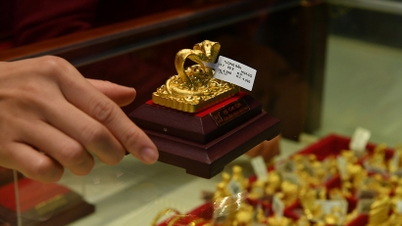


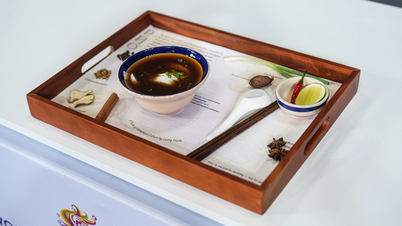



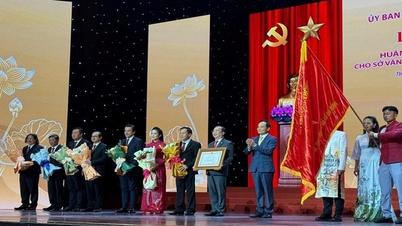
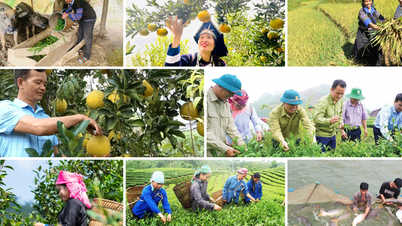
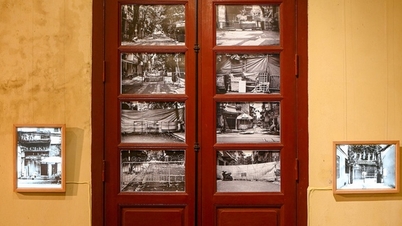


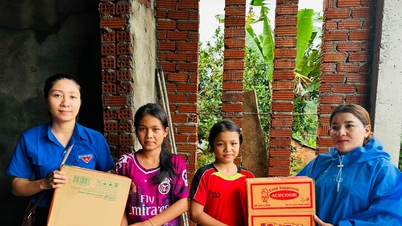
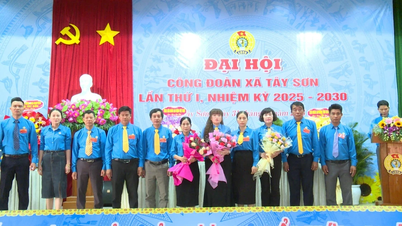

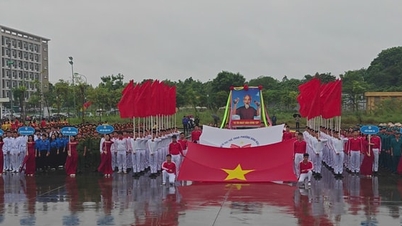

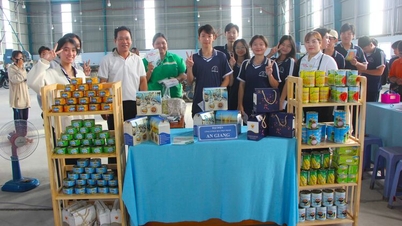

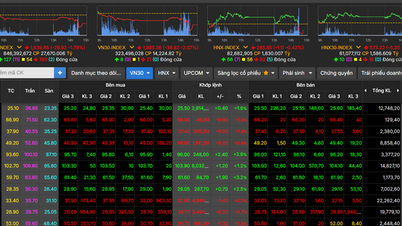
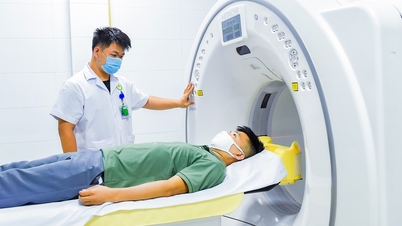
















Comment (0)